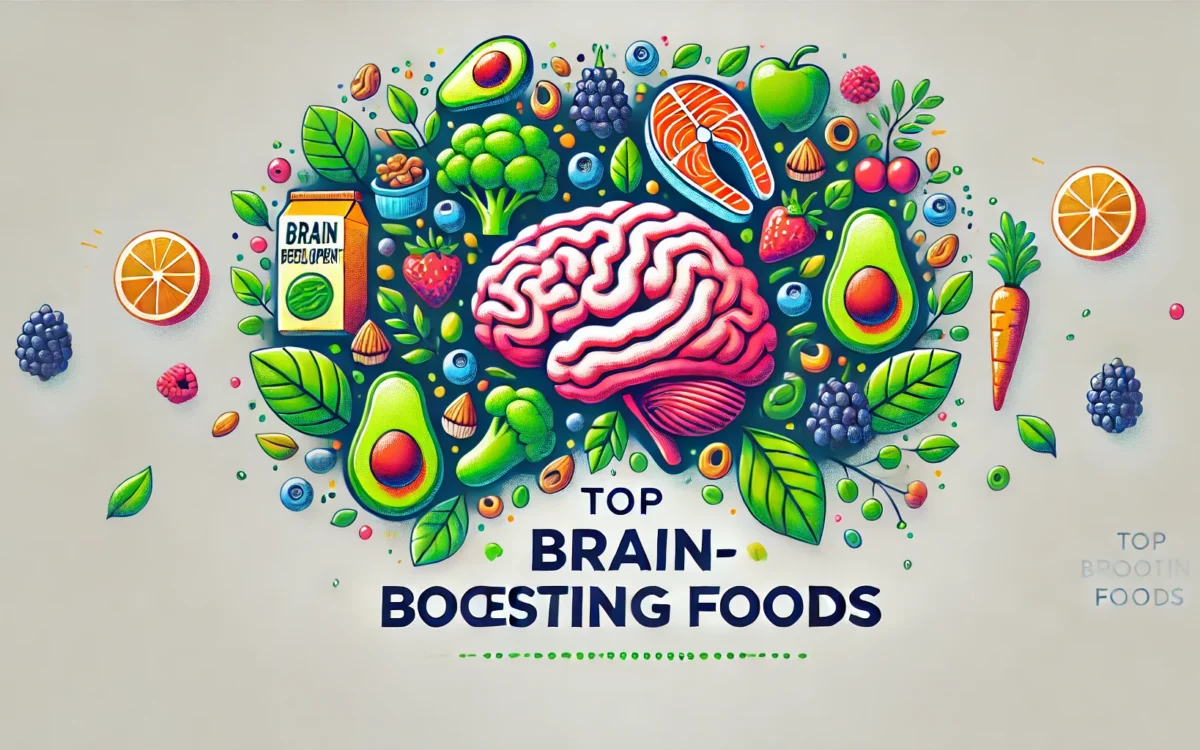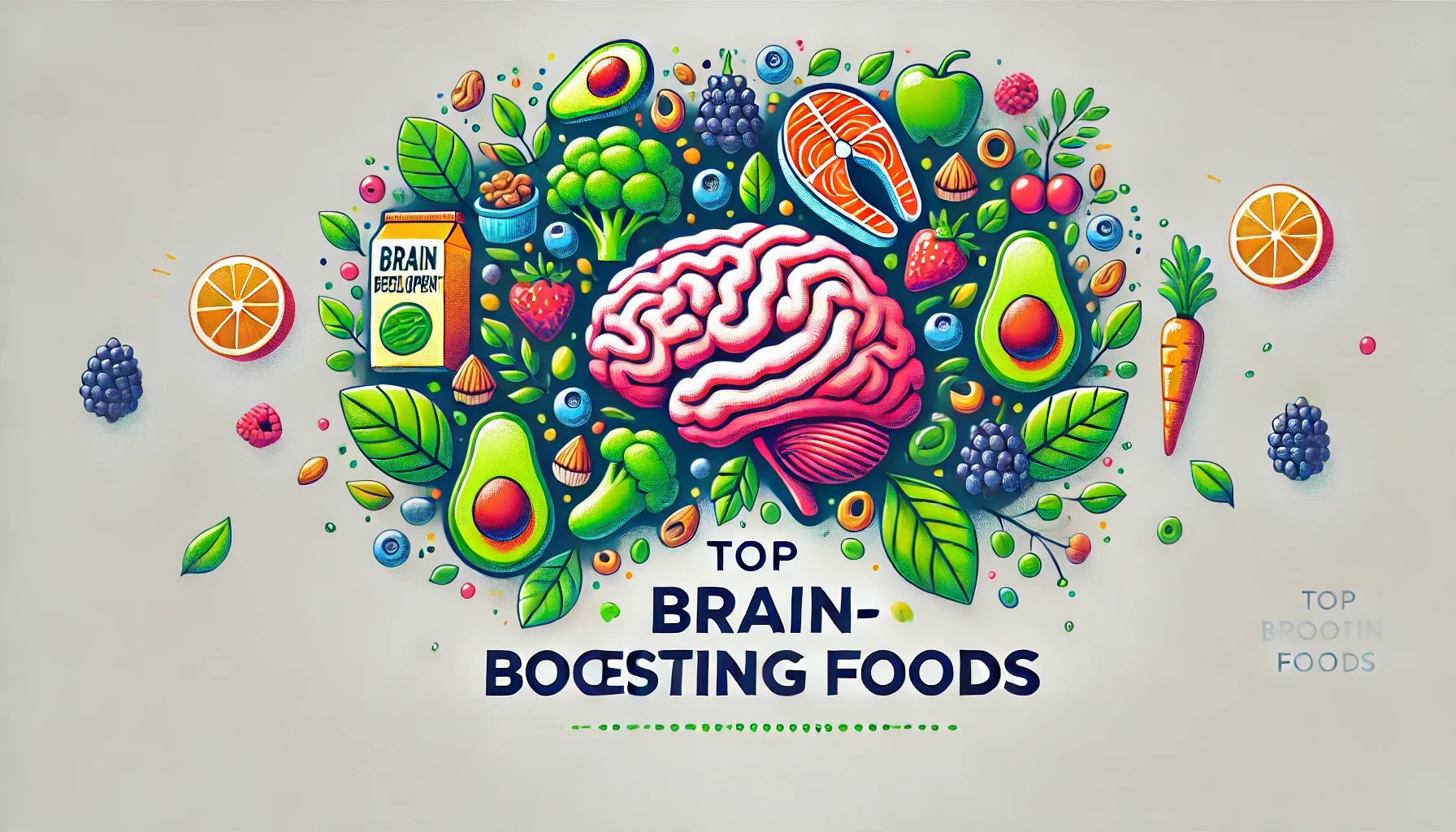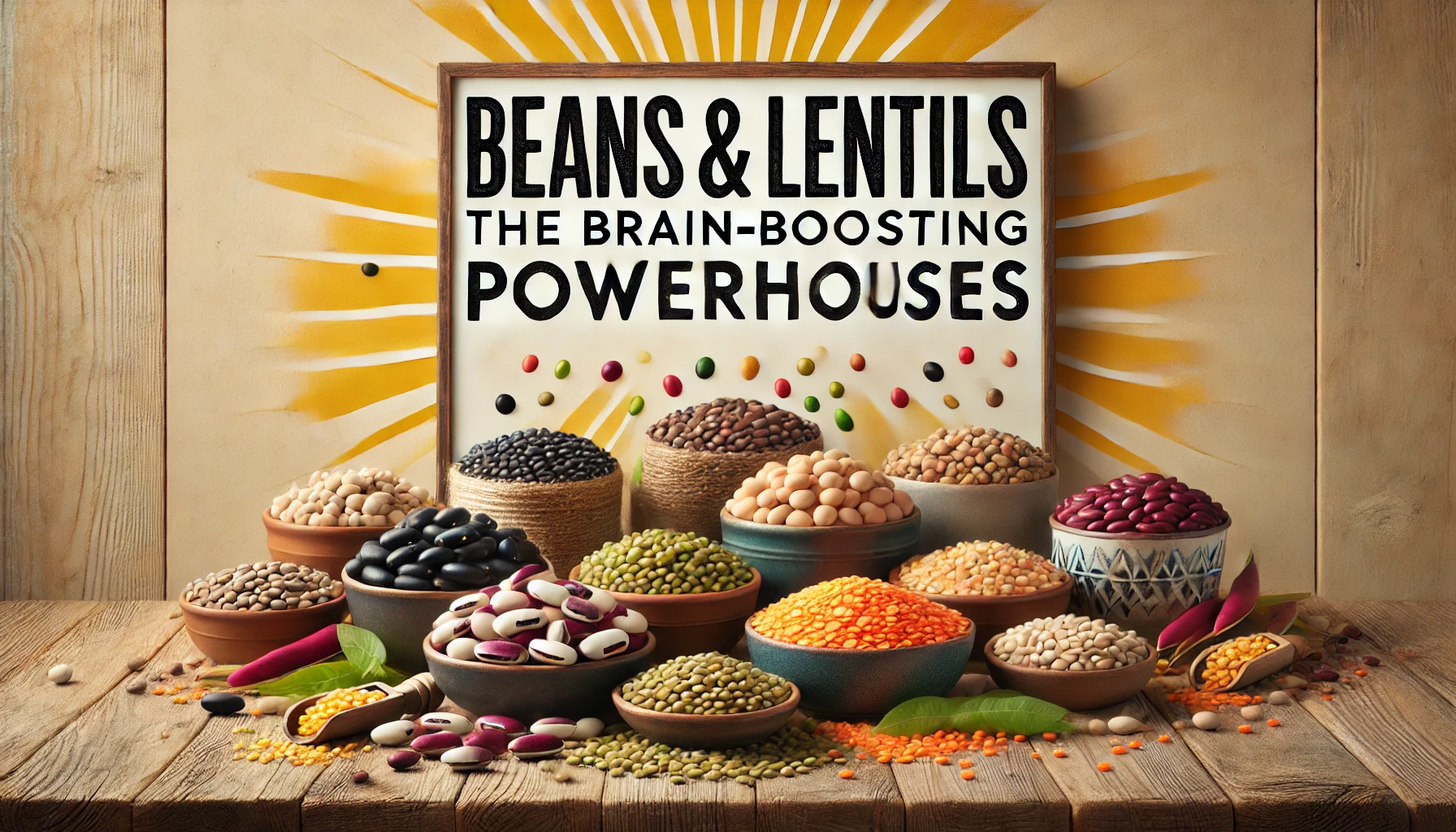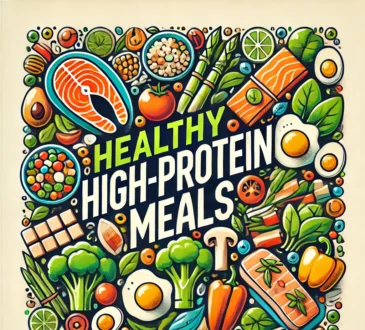The Ultimate Guide to the Best Brain Development Foods
The foods we eat play a pivotal role in our overall health, and the impact on brain development is profound. Whether nurturing a growing child’s brain or maintaining cognitive function as an adult, incorporating specific nutrients into your diet can significantly enhance memory, focus, and overall mental sharpness. This article delves deep into the best foods for brain development, exploring their benefits and providing actionable tips for incorporating them into your meals.
Why Is Nutrition Important for Brain Development?
The brain is an energy-intensive organ, consuming about 20% of the body’s total energy. It relies on a steady supply of nutrients to grow, develop, and function optimally. Essential nutrients like omega-3 fatty acids, antioxidants, vitamins, and minerals fuel the brain’s intricate processes, from forming neural connections to maintaining cognitive function.
For children, proper nutrition supports critical brain growth and cognitive milestones. For adults, it helps prevent mental decline and fosters peak performance in daily activities. The right diet can even lower the risk of neurodegenerative diseases such as Alzheimer’s and Parkinson’s.
Top Foods for Brain Development
1. Fatty Fish
Fatty fish is often called “brain food” for a reason. Rich in omega-3 fatty acids, specifically DHA and EPA, these nutrients are critical for brain structure and function. Omega-3s help build brain and nerve cells and are essential for learning and memory.
- Examples: Salmon, mackerel, sardines, trout, herring.
- Benefits:
- Improves memory and learning abilities.
- Reduces the risk of mental decline.
- Supports emotional health by reducing symptoms of depression.
- How to Include: Grill or bake salmon for dinner, or add sardines to salads for a nutrient-packed meal.
2. Eggs
Eggs are an excellent source of several nutrients linked to brain health, particularly choline. Choline is essential for producing acetylcholine, a mood and memory regulation neurotransmitter.
- Benefits:
- Enhances memory retention.
- Supports fetal brain development during pregnancy.
- Provides B vitamins, which reduce cognitive decline.
- How to Include: Make scrambled eggs for breakfast, prepare egg-based salads, or boil eggs for an easy snack.
3. Berries
Berries are packed with antioxidants, particularly flavonoids, which help improve brain function by reducing oxidative stress and inflammation.
- Examples: Blueberries, strawberries, blackberries, raspberries.
- Benefits:
- Boosts memory and concentration.
- Protects the brain from aging-related damage.
- Promotes healthy communication between brain cells.
- How to Include: Add berries to smoothies, yogurt, or oatmeal, or enjoy them as a healthy snack.
4. Nuts and Seeds
Nuts and seeds are excellent sources of healthy fats, vitamin E, and antioxidants that protect brain cells from oxidative damage.
- Examples: Almonds, walnuts, cashews, pumpkin seeds, sunflower seeds, flaxseeds, chia seeds.
- Benefits:
- Improves cognitive function and memory.
- Protects the brain from age-related degeneration.
- Reduces inflammation.
- How to Include: Sprinkle seeds on salads or oatmeal, or snack on a handful of mixed nuts.
5. Whole Grains
Whole grains provide a steady supply of glucose, the brain’s primary energy source. They are also rich in B vitamins, which are essential for maintaining brain health.
- Examples: Oats, quinoa, brown rice, whole-grain bread, barley.
- Benefits:
- Enhances focus and concentration by providing steady energy.
- Promotes cardiovascular health, which improves blood flow to the brain.
- How to Include: Start your day with oatmeal, or switch to whole-grain bread for sandwiches.
6. Leafy Greens
Dark leafy greens are nutritional powerhouses, packed with vitamins, minerals, and antioxidants that support brain health.
- Examples: Spinach, kale, Swiss chard, arugula, and broccoli.
- Benefits:
- Improves memory and slows cognitive decline.
- Provides vitamin K, lutein, folate, and beta carotene, which protect against brain ageing.
- How to Include: Add greens to smoothies, sauté them as a side dish, or incorporate them into soups and stews.
7. Avocados
Avocados are rich in healthy monounsaturated fats that support brain health by promoting healthy blood flow and reducing blood pressure.
- Benefits:
- Enhances concentration and focus.
- Reduces the risk of cognitive decline due to healthy fat content.
- Provides potassium and vitamin E, which support overall brain health.
- How to Include: Spread avocado on toast, add it to salads, or blend it into smoothies.
8. Dark Chocolate
Dark chocolate contains flavonoids, caffeine, and antioxidants that boost brain function.
- Benefits:
- Improves memory and learning.
- Increases blood flow to the brain.
- Enhances mood and reduces stress.
- How to Include: Choose dark chocolate with at least 70% cocoa and enjoy a small piece daily.
9. Turmeric
Turmeric, a vibrant yellow spice, contains curcumin, a compound with potent anti-inflammatory and antioxidant properties.
- Benefits:
- Boosts brain-derived neurotrophic factor (BDNF), promoting the growth of new brain cells.
- Improves memory and may delay age-related cognitive decline.
- Reduces symptoms of depression.
- How to Include: Add turmeric to curries, soups, or golden milk (a turmeric-infused beverage).
30+ Healthy High-Protein Meal Ideas to Boost Your Diet
10. Yogurt and Fermented Foods
Probiotic-rich foods like yogurt, kimchi, sauerkraut, and kefir promote gut health, which is closely linked to brain health via the gut-brain axis.
- Benefits:
- Improves mood and reduces anxiety.
- Enhances memory and cognitive function.
- How to Include: Enjoy yogurt with berries for breakfast or add fermented foods as sides to your meals.
11. Oranges and Citrus Fruits
Oranges and other citrus fruits are excellent sources of vitamin C, a powerful antioxidant that protects the brain from free radical damage.
- Benefits:
- Enhances memory and decision-making skills.
- Reduces the risk of neurodegenerative diseases.
- How to Include: Snack on fresh oranges or drink freshly squeezed citrus juice.
12. Beans and Lentils
Beans and lentils are rich in complex carbohydrates and folate, which are essential for brain health.
- Benefits:
- Provides a steady source of energy for the brain.
- Supports neurotransmitter function.
- How to Include: Add them to soups, stews, or salads.
“Combating Glacier Melt: A Multifaceted Approach from Global Mitigation to Local Adaptation”
13. Green Tea
Green tea contains caffeine and L-theanine, which enhance focus, alertness, and relaxation.
- Benefits:
- Improves brain function and memory.
- Promotes calmness and reduces stress.
- How to Include: Drink a cup of green tea daily for a cognitive boost.
Tips for Incorporating Brain-Boosting Foods
- Plan Balanced Meals: Ensure each meal includes a mix of protein, healthy fats, and complex carbohydrates.
- Snack Smart: Replace processed snacks with nuts, seeds, or fruit.
- Experiment with Recipes: Try new recipes that incorporate a variety of brain-healthy ingredients, such as salmon salads or turmeric-spiced soups.
- Stay Hydrated: Drink plenty of water throughout the day, as dehydration can impair cognitive function.
- Limit Processed Foods: Avoid foods high in sugar and unhealthy fats, which can negatively affect brain health.
Conclusion
Your brain is a powerful organ that requires proper nourishment to perform at its best. By incorporating these brain-boosting foods into your diet, you can support cognitive development, enhance memory, and protect against age-related mental decline. Whether you’re preparing meals for yourself or your family, these nutrient-dense options offer delicious and versatile ways to foster optimal brain health.







